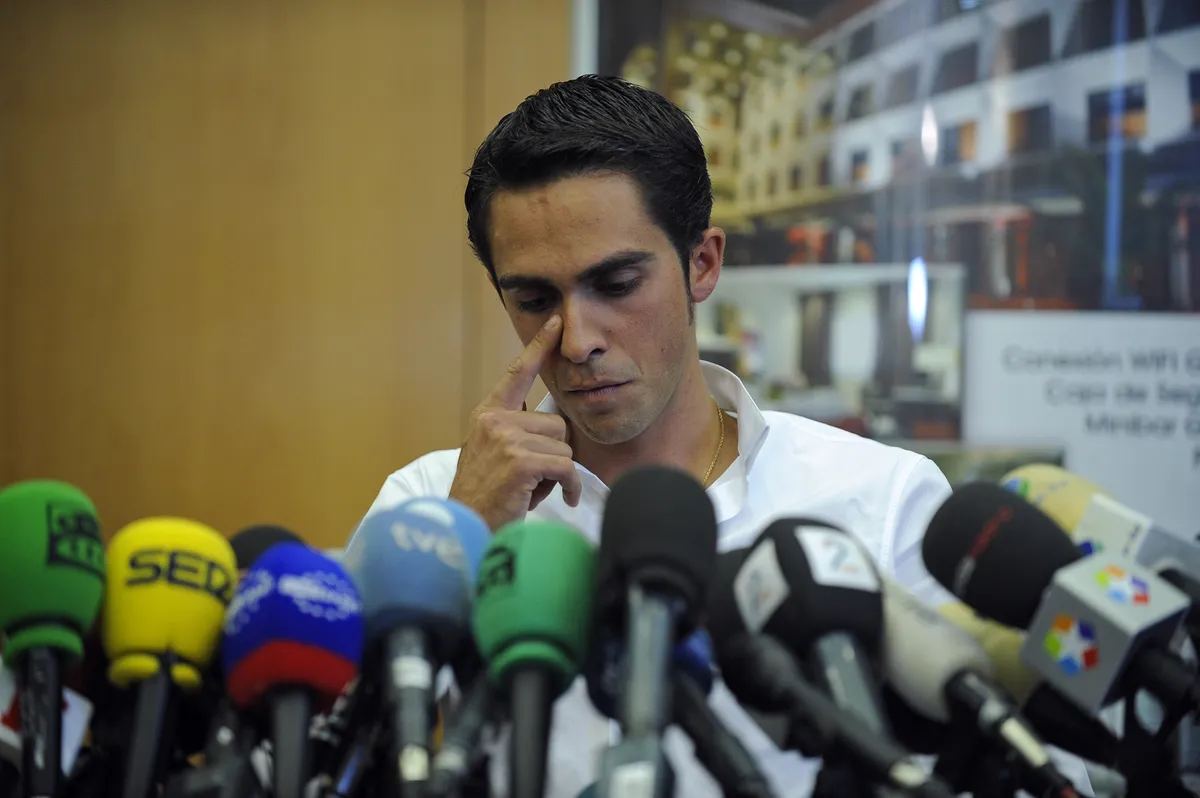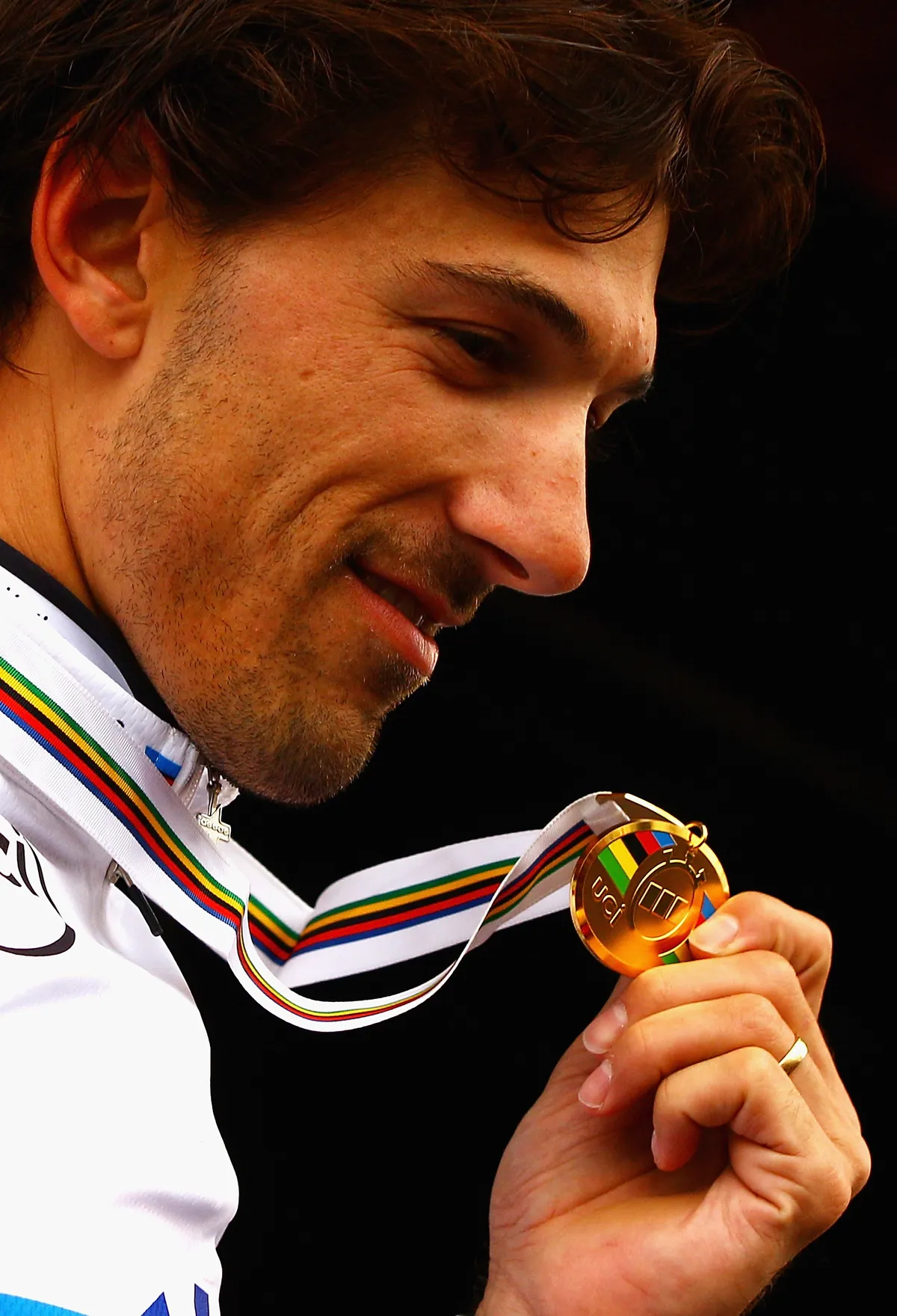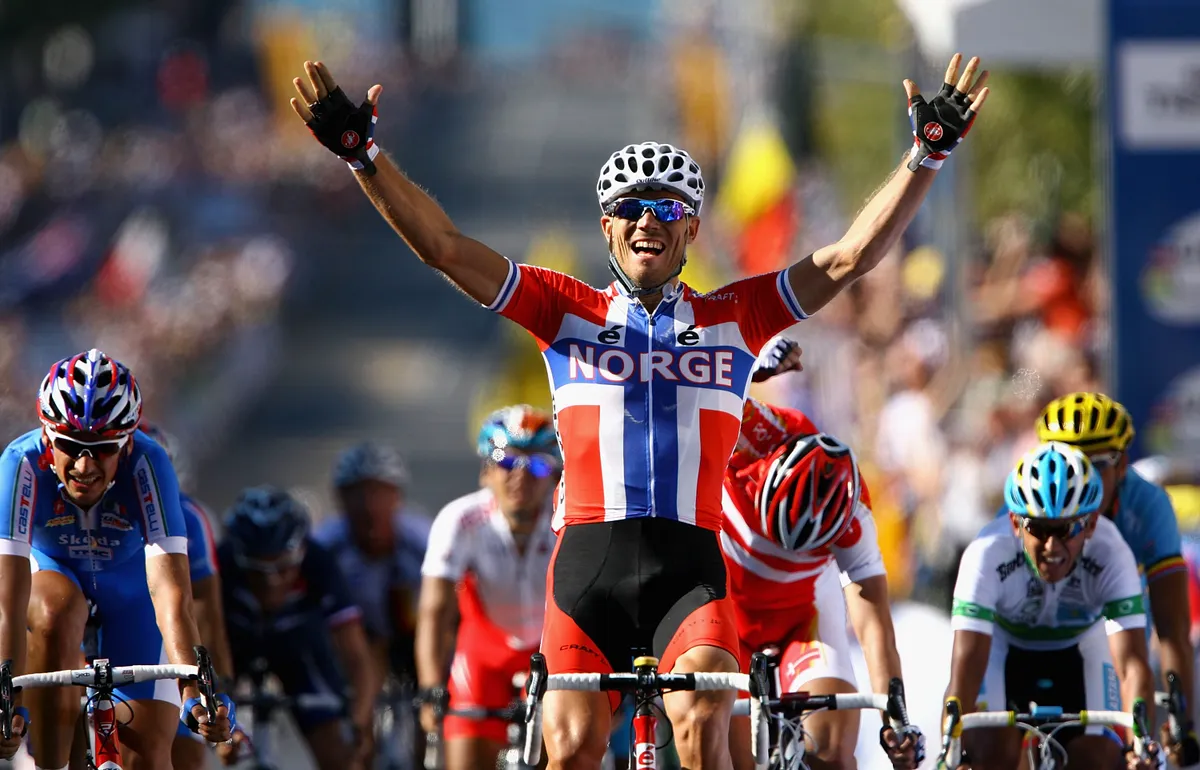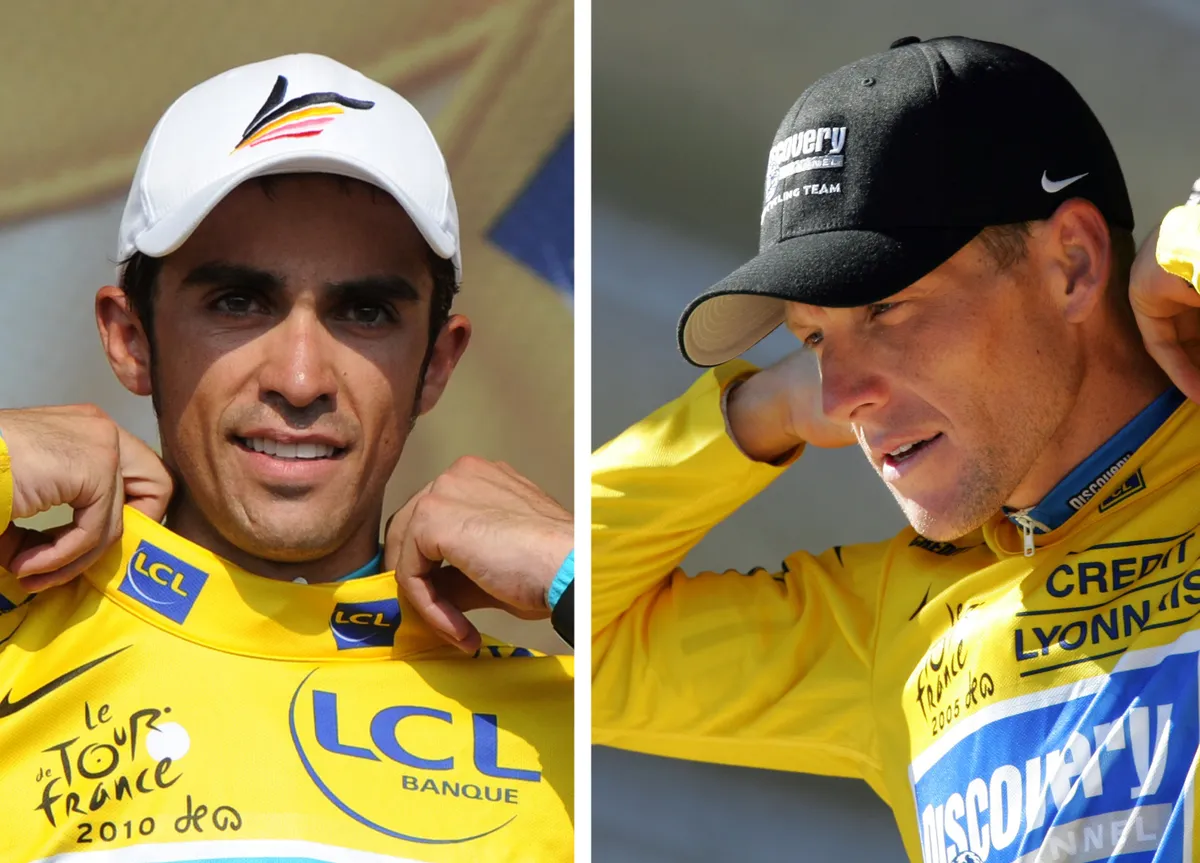The scourge of doping blighted cycling once more in 2010, when the most gripping Tour de France duel in years was marred by the subsequent revelation that winner Alberto Contador had failed a drugs test.
Contador and Luxembourg's Andy Schleck took centre stage in an epic battle over a gruelling Tour itinerary so punishing it threatened to end the hopes of dozens of riders barely a week into the race.
The afterglow of Contador's third yellow jersey triumph, however, was short-lived when he tearfully announced in September that he'd tested positive for a banned substance. The Spaniard, who has vehemently protested his innocence, could now face a two-year ban from the sport.
The case overshadowed the controversy which surrounds seven-time champion Lance Armstrong, who was subject to far more serious doping allegations by disgraced former team-mate Floyd Landis.
Armstrong's career has been blighted by unfounded claims of doping, but now it has transgressed the arena of sport. Landis's claims have prompted a federal investigation in the United States. Armstrong denies taking banned substances, and has called Landis – who was stripped of his 2006 Tour title for doping – a liar.
But if the Texan is snared, Contador's troubles will pale into insignificance. The Spaniard's positive test for tiny amounts of clenbuterol – a weight loss drug which can also be used to build muscle – has given the sport's ruling body one of its biggest dilemmas in years.
He says it was down to contaminated meat, although some experts claim he may have inadvertently re-injected clenbuterol during an illegal, performance-enhancing blood transfusion.

Banning Contador would certainly deprive cycling of one of its rare stars. The 28-year-old, who won both the Tours of Spain and Italy in 2008, was also yellow jersey champion in 2007 and 2009, and was set for a potentially long reign.
International Cycling Union chief Pat McQuaid, who has rejected accusations that the UCI has helped 'protect' big name stars, has now put the Spaniard's fate into the hands of the World Anti Doping Agency (WADA).
"This is a very important case and we have to be completely sure... if and when the decision is taken where exactly we're going," McQuaid said in October. "It's quite complicated. WADA are doing work with scientists and specialists in this area, and we're waiting for the results to come back."
Perhaps the most bizarre story of 2010 though involved Fabian Cancellara, who recorded stunning victories in theTour of Flanders and Paris-Roubaix as well as a record fourth world championship time trial victory.

But the Swiss 'Spartacus' spent the best part of the spring rejecting allegations he'd used a hidden engine in his bike to power his way to both classic victories. "It's a sad and really outrageous story. Believe me, my feats are the result of hard work," he countered.
At yet another thrilling Tour of Italy, doping repenter Ivan Basso won the pink jersey, after Australian Richie Porte had impressed on his debut, to set out his stall for the tougher challenge of winning the more prestigious yellow jersey in July 2011.
The integrity of Norwegian Thor Hushovd has, so far, never faced public scrutiny and he proved a worthy world champion in Geelong, Australia. Handing Scandinavia its first ever rainbow jersey, Hushovd's win silver-lined yet another season in which the sport's sceptics were given plenty of ammunition.

© AFP 2010

